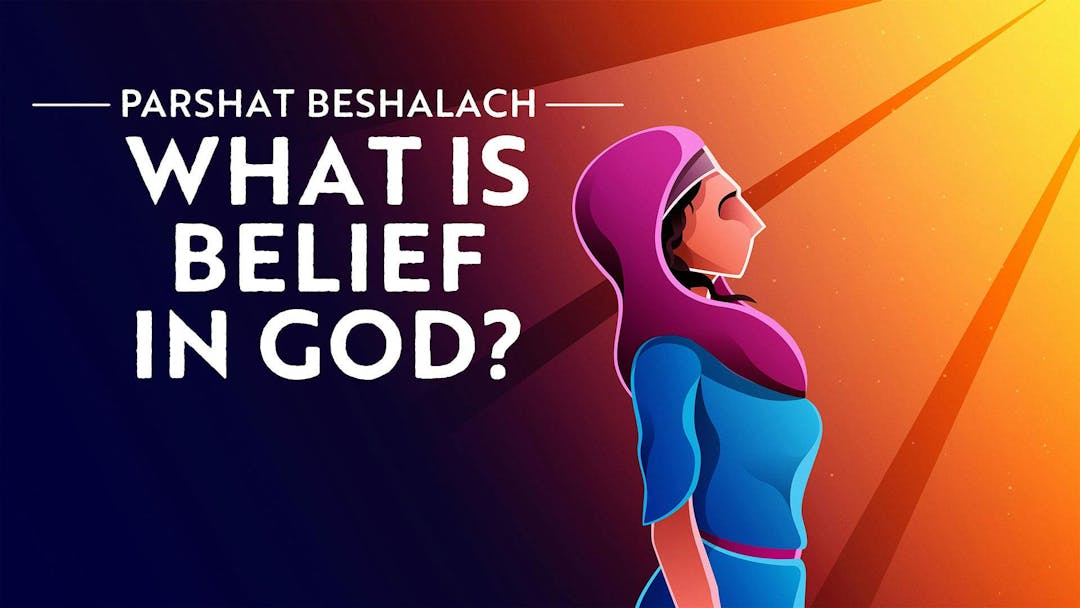Start your free trial today to unlock the full library and enjoy unlimited and uninterrupted access.
Get StartedAre We An Ungrateful Nation?
What The Israelites Really Complained About
In Parshat Beshalach we're introduced to a nation of whiners and complainers. After years of slavery, the Israelites are finally a free nation! The next thing we should be reading is a love story between God and His people. But the honeymoon phase ends before it even begins.
How could the Israelites complain so much in the wilderness after God just freed them from slavery? How did they lose faith in God so quickly?
In this video, we explore what the Israelites really complained about, and how complaining impacted their relationship with God – but not in the way you think.
Watch more in our course: "The Three Great Lies Of The Exodus."
Want to watch the full video for free?
Enter your email and we’ll send you a link to watch the full series free.
What is Aleph Beta?
Aleph Beta is a unique kind of Torah library. Led by our founder, Rabbi David Fohrman, we are dedicated to high-level, textual Torah learning for adults that is intellectually and spiritually sophisticated, that enlivens your Jewish practice and helps you forge a deeper connection to God. Whether you’ve been learning in yeshiva for years or you’re just beginning your Torah journey, you’re sure to find something meaningful and surprising waiting for you here.
Browse our library of over 1,000 beautifully produced animated videos, podcasts, deep dive courses, and printable guides. Topics include the weekly parsha, Jewish holidays & fast days, laws & mitzvot, prayers, relationships, big philosophical ideas and more. Have something to say at the Shabbos table that will amaze your family and guests and bring deep meaning into their lives.











